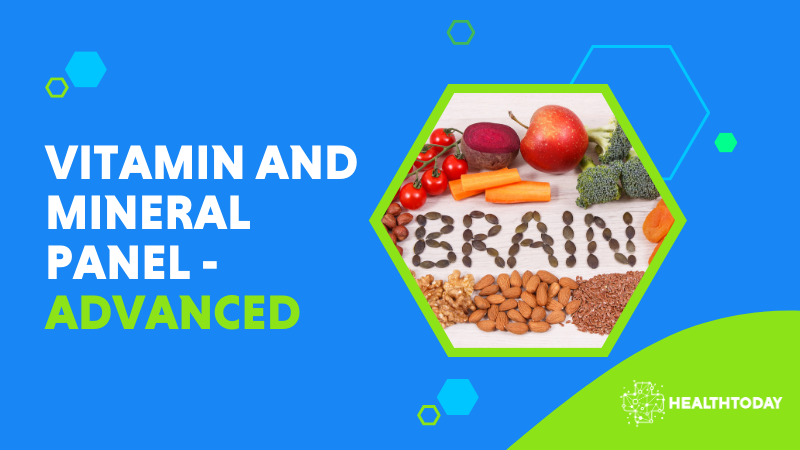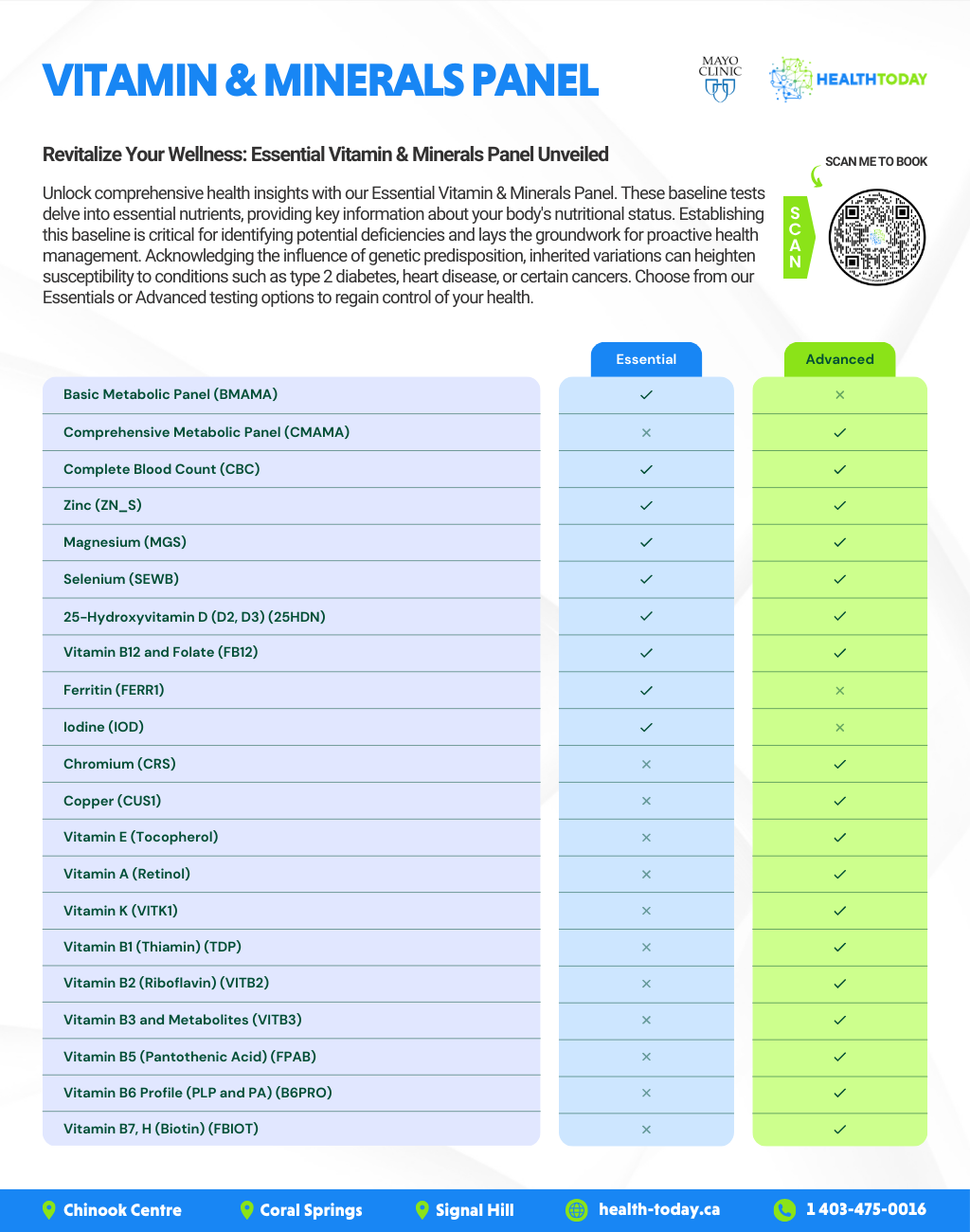
What is Nutrition and why is it so important
Nutrition is the study of nutrients in food, how the body uses them, and the relationship between diet, health, and disease. Nutrition also focuses on how people can use dietary choices to reduce the risk of disease, what happens if a person has too much or too little of a nutrient, and how allergies work.
Using the ideas from biochemistry, molecular biology, and genetics to understand how the human body is affected by optimal nutrition or being vitamin and mineral deficient.
While it’s possible to get most of them from a balanced diet, the typical Western diet is low in several very important nutrients. A varied diet to obtain a wide range of nutrients will provide nourishment to all the cells and organs within our bodies, utilizing the proteins, carbohydrates, fat, vitamins, minerals, fiber, and water. If people do not have the right balance of nutrients in their diet, their risk of developing certain health conditions and disease increases.
Some people choose to follow a specific diet, in which they focus on certain foods and avoid others. Individuals who do this may need to plan carefully to ensure they obtain all the necessary vitamins to maintain their health.
The symptoms of a deficiency will vary from one nutrient to the next. Each and every vitamin or mineral has its own purpose and “job” to do in the body, so it makes sense that missing out on one would cause problems with that process. Most vitamins and minerals need each other to be able to work effectively to do their “job” properly.
There are some symptoms that appear with several nutrient deficiencies, there are also a large number of unexpected symptoms of vitamin and mineral deficiency. Some of the listed symptoms are also symptoms of other illnesses and this is why it is so important to have your vitamin and mineral levels checked.
The most common symptoms include:
Here's the concerning part, in many cases, there are no symptoms or clues at all. Even if you have symptoms, you may be so used to them you don't realize that the way you're feeling isn't normal.
Now that you know nutrient deficiencies can hide without showing any symptoms, you know why it's crucial to get tested on a regular basis. Even if you don't feel any symptoms, micronutrient deficiencies can have a serious impact on your health, especially if they continue for years or decades under your radar.
Some people think they can see if they have a proper nutritional intake by looking at their diet, analyzing everything they eat, reading the labels on the food products and vitamin supplements they consume, or tracking everything they eat and drink on an App on their phone.
Those kinds of tools are helpful, but only to a certain extent. It can help give you an idea of what you can do in regards to habits and dietary changes, but that alone does not tell you whether your body is processing, absorbing and utilizing the vitamin and minerals.
Just take more supplements, right?
Wrong, having more or too much of a certain vitamin or mineral isn’t always a beneficial thing. Taking too much of it can build up and become toxic. If your body already has enough in your system and your body can’t metabolize or excrete the excess through routes such as urination or bowel movements, this can cause damage to your vital organs and lead to serious health issues.
Once you get these tests as a baseline that can help you avoid countless health problems down the road. It allows you to know if you need to visit a doctor, adjust your diet, or both.
On top of eating an unbalanced diet, one of the most common mistakes people make is not realizing how many vitamins and minerals they need to think about. To keep your body functioning at its best, there are so many essential vitamins and minerals that need to be in balance. When it comes down to it, the only way to know if your body has what it needs is to get a blood test.
Let’s have a look at what this unique and comprehensive panel includes:
| Tests | Tests Details |
|---|---|
| Comprehensive Metabolic Panel |
This Panel not only includes your mineral electrolytes but also reports on kidney and liver functions. Potassium (KS) | Sodium (NAS) | Chloride (CL) | Bicarbonate | Anion Gap | Blood Urea Nitrogen (BUN) | Creatinine with eGFR (CRTS1) | Calcium, Total (CA) | Glucose, Random (GLURA) | Protein, Total (TP) | Albumin (ALB) | Aspartate Aminotransferase (AST) | Alkaline Phosphatase (ALP) | Alanine Aminotransferase (ALT) | Bilirubin Total (BILIT) |
| Complete Blood Count (CBC) | A complete blood count (CBC) is a blood test. It's used to look at overall health and find a wide range of conditions, including anemia, infection and leukemia. A complete blood count test measures the following:
|
| Chromium, Serum (CRS) |
Chromium is a mineral that the body uses in small doses for typical body functions, like digesting food. It also helps to move glucose into cells to use as energy, as well as to turn carbohydrates, fats and proteins into energy. |
| Copper (CUS1) |
Copper is found in all tissues throughout the body, but is mostly concentrated in the liver, muscles and bones. Copper plays a key role in the formation of red blood cells, bones, and connective tissue, as well as energy production and aiding antioxidants against free radicals in the body. |
| Iron + TIBC (FEC) |
Iron is an important mineral that your body needs to stay healthy. Your body uses iron to make hemoglobin. This is the protein in your red blood cells that carries oxygen around your body. |
| Magnesium (MGS) |
Your body needs magnesium to help your muscles, nerves, and heart work properly. Magnesium also helps control blood pressure and blood sugar levels. It's important for building strong bones, and it supports your immune system. |
| Selenium (SEWB) |
Selenium is an antioxidant that plays an important role in reproduction, thyroid hormone metabolism, DNA synthesis, and protection from oxidative damage and infection. |
| Vitamin A (Retinol) |
Vitamin A is an essential nutrient required for healthy vision and skin, bone formation, immune system function, and reproduction. |
| Vitamin E (Tocopherol) |
Vitamin E (also known as tocopherol or alpha-tocopherol) is a nutrient that is found in every cell of your body. It helps your nerves and muscles work well, prevents blood clots, and boosts your immune system so it can fight off infections from germs. |
| Vitamin D (25HDN) |
Vitamin D is essential for bone health as it enables the absorption of calcium, the main bone component, while also regulating various cellular functions; its anti-inflammatory, antioxidant, and neuroprotective properties contribute to immune health, muscle function, and brain activity. |
| Vitamin K (VITK1) |
Plays a key role in helping the blood clot, preventing excessive bleeding. |
| Zinc |
Zinc is a mineral that your body uses for fighting off infections and producing cells. It’s important for healing injuries and creating DNA, the genetic blueprint in all of your cells. |
There are eight B vitamins and they play a vital role in maintaining good health and well-being. As the building blocks of a healthy body, B vitamins have a direct impact on your energy levels, brain function, and cell metabolism. Each of these essential vitamins contributes to your overall bodily function.
Read on to learn more about how these nutrients benefit you, only having a blood test will tell you how much you have and whether you should take supplements, and more.
| Tests | Info |
|---|---|
| Vitamin B1 (Thiamin) | Thiamine is an essential nutrient that all tissues of the body need to function properly. The body needs thiamine to make adenosine triphosphate (ATP). This is a molecule that transports energy within cell. |
| Vitamin B2 (Riboflavin) | is an essential B vitamin for human health. People may also refer to it as riboflavin. Supports cellular functions that provide the body with energy, allowing it to work efficiently. |
| Vitamin B3 and Metabolites (Niacin) | Made and used by your body to turn food into energy. It helps keep your nervous system, digestive system and skin healthy. |
| Vitamin B5 (Pantothenic Acid) | Is necessary for making blood cells, and it helps you convert the food you eat into energy. People use vitamin B5 for skin irritation and other health conditions. |
| Vitamin B6 Profile (PLP and PA) | Is important for normal brain development and for keeping the nervous system and immune system health. |
| Vitamin B7 (Biotin) | Supports your skin, hair, and eye health, as well as plays a role in other body functions and pregnancy. |
| Vitamin B-9 (Folate) | Is important in red blood cell formation and for healthy cell growth and function. The nutrient is especially crucial during early pregnancy to reduce the risk of birth defects of the brain and spine. |
| Vitamin B12- (cobalamin) | Plays an essential role in red blood cell formation, cell metabolism, nerve function and the production of DNA, the molecules inside cells that carry genetic information. |
Take charge of your well-being. Book your private blood testing with Health Today. Embrace proactive care and gain valuable insights into your health. Schedule your appointment now for a healthier tomorrow.
To take the next steps toward better health and feeling and looking your best, start with with Vitamin and Mineral Advanced Panel.
